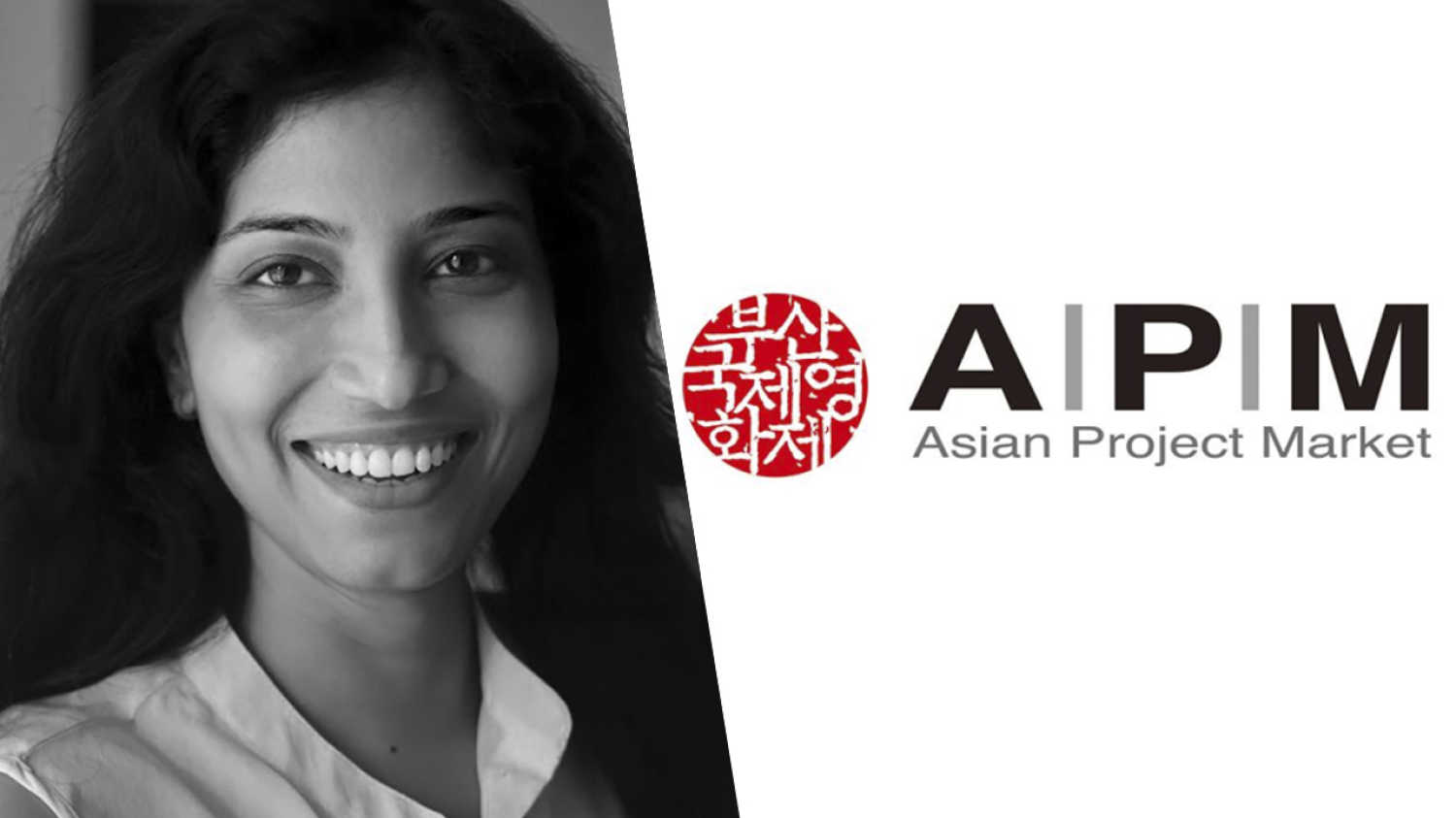The first-time filmmaker speaks about her experience at the Asian Project Market last year and her debut feature.
Knew I had a very strong subject, says filmmaker Triparna Banerjee of Riding On The Moon Boat
Mumbai - 05 Jan 2022 0:12 IST
Updated : 13:53 IST


Sonal Pandya
Triparna Banerjee’s directorial debut, Riding On The Moon Boat, was one of two Indian features selected for the Asian Project Market (APM) at the prestigious Busan International Film Festival in South Korea last year, the other being Jiju Anthony's A Miracle Of Love.
Due to the COVID-19 pandemic, the annual event was held virtually from 12 to 14 October 2021. Cinestaan met Banerjee at the end of October when she was in Mumbai on a work trip and the filmmaker opened up about her experience at the market and her project and offered some tips to budding writers and directors.
At the APM, it was announced that Riding On The Moon Boat would star Adil Hussain. Coincidentally, the actor had been approached for the project before the APM happened. He was Banerjee’s first choice while writing the script.
Adil Hussain joins Triparna Banerjee’s Riding On The Moon Boat
She connected with Hussain via one of the film’s producers, Kyoko Dan, and was relieved when he liked the script and said yes soon after. Set in rural India, Riding On The Moon Boat is adapted from Saratchandra Chattopadhyay’s short story Mahesh and tells the story of a teenage girl and her father.
This was Banerjee’s second time at the Korean film market and she was impressed with how well organized the event was. “There were proper meeting slots," she said. "The APM team was superb and dedicated. There was no problem with it at all.
However, the filmmaker missed the buzz of an on-ground event. “Although [the APM] was very good and we had the meetings that were supposed to happen, when markets like this happen offline, there are a lot of things that happen beyond the meetings,” she said. “Like accidentally running into somebody. [Or] sometimes, in such labs and programmes, what happens is that all the selected participants form a bond, like I’ll meet a filmmaker from Indonesia or Nepal.”
The first-timer had attended the APM in 2011 for a film she had written and experienced how impromptu meetings on the sidelines can be beneficial. However, the biggest task this time was keeping in mind all the time zones in order to speak to participants from South Korea as well as those attending from Europe.
The APM is open to all filmmakers, from newcomers to old hands. It is also a great networking platform, where one can meet distributors, co-producers, buyers and just about any potential collaborator. The market will help you find whom you are looking for.
Initially, Banerjee had not expected to be chosen. “I didn’t believe it, honestly,” she said, laughing, about being selected. “I was not so hopeful, but I knew I had a very strong subject. It was literally one of those places where you apply and then just forget, that yahan toh hona nahin hain [this isn't going to happen]. When I got the message, I choked up. Somebody took my film seriously; it was a great feeling.”
Getting selected for the APM was a big boost for Riding On The Moon Boat and adds value to the project as it moves ahead. Banerjee began working on the script seven years ago and had pauses along the way for other things. “I think I wrote the first draft in 2015 and for two years I didn’t do anything," she said. "But it was a very basic 60-page draft and then, because you have to do other work, you forget.”
After two or three years, she revisited and reworked it and was nominated for the Global Media Maker programme. The six-week residency in Los Angeles, California, was intensive and dedicated, with one-on-one mentorship and team masterclasses. The scripts were workshopped with teachers who taught at universities.
Later, Banerjee got to do a workshop with Iranian filmmaker Mohsen Makhmalbaf and that’s when she knew she was ready to take the script to markets like the APM. She has been working in the industry as a writer, producer and associate director since 2006 and knew she wanted to make her own film one day.
“Of course, there are certain stories which I had in mind when I was much younger, and I still have those," she said, "but I know that maybe that is not good for a first film. But when I came across this concept, I knew this is something which I have to make and the story needs to be told and as a first film I can manage it because it is something I know closely.”
Banerjee also teaches screenwriting as a consultant in Hyderabad, besides managing other writing assignments. Her advice to anyone wanting to break through with their own projects is to keep at it. “For first-time filmmakers, it’s difficult for everybody,” she said. “Keep doing something, whether you start as assistant director or as writer or even a production [assistant]. When you are making the first film, it’s almost the same for everybody. For an independent film, this sort of market helps.
“Applying to script labs, development labs is a good step because they help you get the script right. Get better at your script and then go to a market. First like a development lab, second is like a market, otherwise use your connections. I think that is the best thing.”
Related topics
Indian independent cinema Busan International Film Festival


